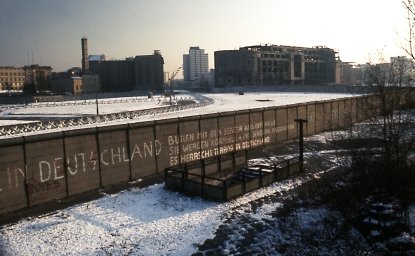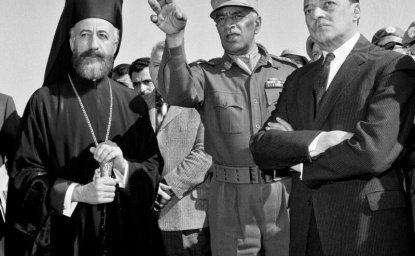It is becoming increasingly apparent that the 1970s constituted a profound era of transition in international affairs. The American defeat in Vietnam, the breakdown of the Bretton Woods exchange system, and a string of setbacks including Watergate, Three-Mile Island, and reversals during the Carter years all contributed to a grand reappraisal of the place of the United States within the international order. In addition, the rise of new global competitors, the pursuit of détente with the Soviet Union, and the emergence of new private sources of global power also contributed to uncertainty about the role of American power in the world. Against this backdrop of mounting domestic and international crises, America’s cultural hegemony suffered prolonged disparagement as American-style consumerism wilted in the face of concerns over the environment, over the spiritual costs of mass consumption, and over American market-oriented approaches to global justice. The emancipatory potential of American culture, so confidently asserted at mid-century, appeared tentative in the new post-1968 world.
Yet scholarship has thus far been silent about the strategies of American public diplomats to manage this “shock of the global,” as one recent anthology has termed it. Since at least World War II, American informational and cultural programs rested on a broad consensus that promoting American culture, and explaining American intentions, should occupy a place of privilege within U.S. diplomatic practice. Yet very little analysis over how public diplomats approached their work in this age of uncertainty has appeared. We propose a conference to address this scholarly lacuna and examine the question of how U.S. public diplomacy wrestled with the changed and charged situation of the 1970s.
“Selling America in an Age of Uncertainty” will be a seminar style conference with pre-circulated papers. The conveners intend to collect select papers into a published anthology.
Scholars tentatively scheduled to participate include Todd Bennett, Alessandro Brogi, Nicholas J. Cull, Martin Klimke, Robert J. McMahon, Mario del Pero, Sarah Snyder, Tom Zeiler and others.
The conference will take place at the Nobel Institute in Oslo, Norway, and is scheduled for 1-2 November 2013. Conference organizers are endeavoring to make available travel stipends for successful proposals. Deadline for submission of pre-circulated paper drafts is 1 October 2013.
Possible topics may include:
U.S. public diplomacy and the decline of American hegemony.
The foreign dimensions of American cultural angst
Selling America in the era of Watergate
U.S. public diplomacy and the new multi-polarity (i.e., rise of Germany, Japan and others)
Détente in the context of American public diplomacy
Public diplomacy after Bretton Woods
U.S. public diplomacy in a post-industrial, “financialized” world
The “Brain Drain” and U.S. public diplomacy
Carter and the introduction of the “second mandate” in U.S. public diplomacy
Security, NATO, and U.S. public diplomacy
The bicentennial in global context
The “space race” and the Apollo Project in public diplomatic context
U.S. public diplomacy and Three-Mile Island
Selling America in the new global cultural marketplace
The Church Committee, CIA revelations, and American public diplomacy
U.S. public diplomacy and the decline of modernization theory
The expansion and end of the Vietnam war as it impacted public diplomacy
Regional case studies of U.S. public diplomacy in the 1970s
U.S. public diplomacy and the rise of the NGO
“Human rights” as a U.S. public diplomacy theme
U.S. public diplomacy amidst the successes and setbacks of the Carter years
U.S. public diplomacy in Kissinger’s Middle East
U.S. public diplomacy and the Helsinki accords
Theorizing post-hegemony U.S. public diplomacy
Foreign perceptions of American decline and diminishment in these years
For more information, or to submit a proposal of no more than 500 words by 1 March 2013, contact David J. Snyder: djsnyder1@yahoo.com, or Hallvard Notaker: hallvard.notaker@gmail.com.
This project enjoys in-kind and funding support from the Forum for Contemporary History -- University of Oslo, the Nobel Institute, and the U.S. embassy in Oslo.







